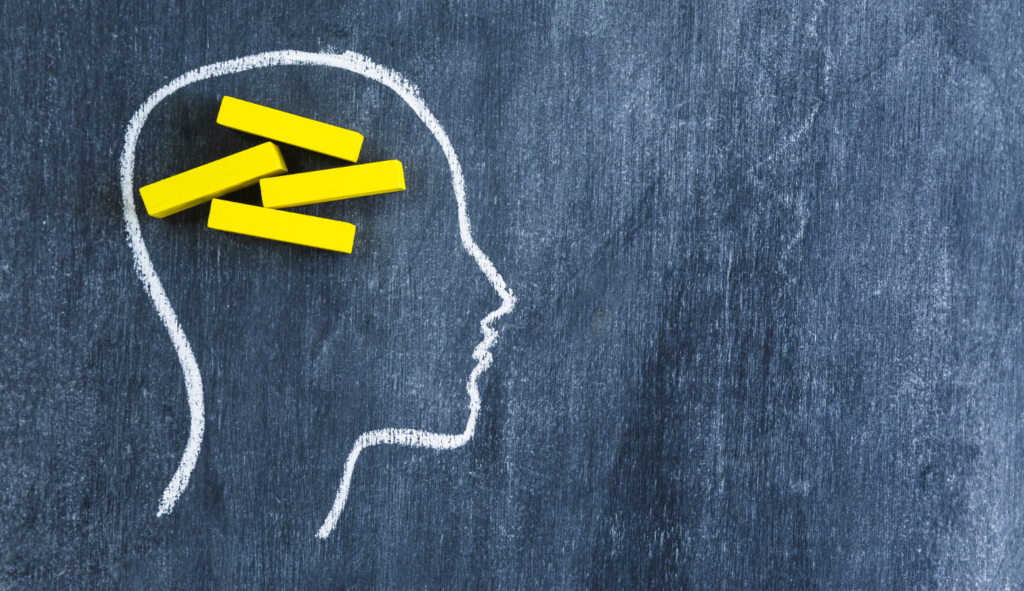Before the pandemic made it impossible to foster personal relations between teachers and pupils, the School with Class Foundation was worried about the psychological distress of young people in Poland and the teachers’ loneliness in facing pupils’ crises. The lack of research on the topic convinced the Foundation that a study should be made to see how schools react to young people’s psychological distress. We wanted to see whether teachers get the necessary knowledge and support in identifying and dealing with their pupils’ psychological problems.
In January 2021, we published a report entitled „Let’s talk with class! Pupils’ psychological well-being according to teachers”, which contains data from over 1,500 surveys completed by teachers of all levels from all over Poland. It also shows the results of focus group meetings with experts. The results tell us a story of a school that stopped being a place in which children can grow and learn together, and became a place that serves itself more than others, where an arbitrary, overloaded school curriculum takes precedence over education. It is not easy to digest the results of the study, but one thing is sure: the psychological well-being of all those who attend the school or work there should become a top priority.
Below we present the most important conclusions from our research.
The school as a system does not foster building relations
Most teachers notice that their pupils are struggling and their problems seem to be getting worse every year. The school has become a bureaucratic place focused on implementing the curriculum where there is no space for building relationships. There is no time for one-to-one conversations between teachers and pupils. 24% of the people surveyed do not know whether their pupils would turn to them with their problems. The teachers see this quite clearly but feel trapped and helpless. The survey showed that good relations between teachers and pupils depend on individual competence which has to be developed elsewhere as there is no space nor time to do this inside the school premises.
Low self-esteem is a frequent source of problems
The problems experienced by children often originate at home and have to do with low self-esteem. Teachers try to be vigilant and detect small changes in the pupils’ bevaviour to identify problems as soon as they arise. They emphasise, however, that they need professional help. 58% of the teachers claim that they are capable of identifying psychological problems experienced by their pupils. They realise that they are often the first ones to notice that a child has a problem so it’s extremely important that they receive support.
There is still not enough psychological and pedagogical support at schools
The survey showed that there is a general lack of professional psychological support. Psychologists can be found in 6 out of every 10 school establishments and they are usually only employed part-time. It is more difficult to access a specialist for smaller schools. 84% of the teachers said that they have a school counsellor, while only 39% have a psychologist working at the school. Our study shows that the school psychologist does not spend enough time at the school, especially that the pupils’ psychological well-being is getting worse.
Peers are usually the first support group for children and adolescents in distress
Children and adolescents usually discuss their issues first with their peers. Other pupils are therefore the ones to see the first signs of a problem. In order to react appropriately, young people should know how to behave, what to say and what not to do or say. Our experts mentioned the so-called peer intervention. They also emphasise that a crisis intervention is a sort of first aid and cannot replace professional support. Nonetheless, a proper reaction to a crisis situation is important enough and can cancel the need to seek specialist help later on. For this reason it is worth developing intervention skills and attitudes among pupils.
The roles of the parents and legal guardians are also very important
Parents and legal guardians are indispensable when reacting to a psychological crisis. When the teacher reports a problem, their attitudes are crucial. The survey showed that parents and guardians have important roles to play not only in crisis situations, but also on an everyday basis. They should have a good relation with the school and be open to dialogue if an effective support system for children is to be built. However, teachers do not always know how to interact with the parents and/or guardians.
Teachers face many challenges
In our survey, the teachers told us how overworked they are and how many challenges they have to face day by day. It is clear that the profession of a teacher is necessarily associated with crisis management, and both teachers and pupils experience distress. At the same time, many of the survey participants admitted that nobody asks about their own psychological well-being. This issue is largely overlooked. Our study demonstrated that there is a great need for systemic support for teachers, who are usually the first line of support for pupils, as well as parents or guardians who feel helpless vis a vis their children’s crises.
The „Let’s talk with class! Pupils’ psychological well-being according to teachers” report is a diagnosis of the current state of our schools as seen through the eyes of the teachers. Can the school become a place in which everyone feels safe to talk about their fears and problems, knowing they will meet with support and understanding? It is definitely worth creating such schools and encouraging all types of actions aimed at addressing the psychological well-being of pupils and teachers, as well as fostering strong bonds between the participants of the school community.
The full report on the study (in Polish) can be found here.
The project is financed by the 2020 Relief Fund for NGOs and civic initiatives created by the Polish-American Freedom Foundation, and implemented by the Education for Democracy Foundation.
